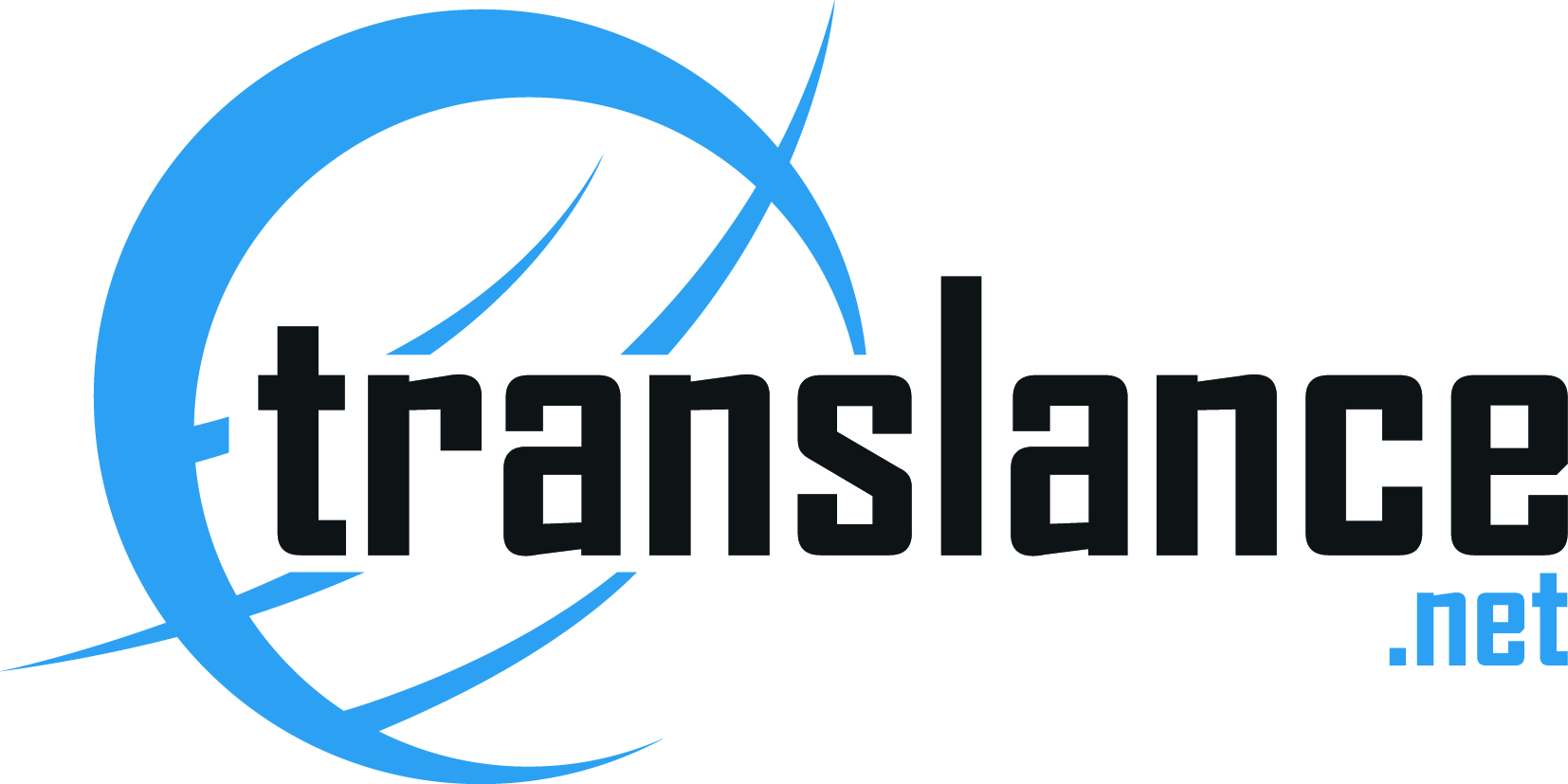For legitimate and official purposes, evidentiary reports and other authority documentation are generally required in the authority language(s) of a purview.
In a few nations, it is a prerequisite for interpretations of such reports that an interpreter make a solemn vow to confirm that it is what might be compared to the source content. Frequently, just interpreters of an uncommon class are approved to swear such pledges. Sometimes, the interpretation is just acknowledged as a lawful proportional in the event that it is joined by the first or a sworn or confirmed duplicate of it.
Regardless of whether an interpreter has some expertise in legitimate interpretation or is a legal counselor in their nation, this does not really make them a sworn interpreter. The strategy for meaning lawful proportionality contrasts from nation to nation.
Argentina
In consistence with Law #20,305, every open archive (counting individual papers and some business contracts) must be interpreted and marked by an ensured "open interpreter" (traductor público), whose seal and mark must be legitimized on each report by the Translators' expert body of their purview. Every single private individual, organizations, the legal executive and other government divisions are liable to this law with respect to reports or testimonies in a remote language.[1] In request to be confirmed as an open interpreter for a noteworthy European dialect, hopefuls need to go to college courses prompting the expert level of traductor público.
Belgium
"Sworn Translators" (particular Dutch: beëdigd vertaler, French: traducteur assermenté) or "Sworn Interpreter" (solitary Dutch: beëdigd tolk, French: interprète assermenté) make a solemn vow before the President of the Court of First Instance of the legal locale in which they have their place of living arrangement. In the past interpreters and translators in every legal area seeking to "sworn" status were screened for appropriateness by the Crown Prosecutor. The competitor needs to express the dialect mixes for the individual in question wishes to be sworn. A recognition of interpreter/mediator is generally viewed as satisfactory verification of skill. There is no restriction on the dialect mixes which can be perceived.
Be that as it may, following an embarrassment including an unlawful migrant who got sworn interpreter status, The President of the Court of First Instance at Antwerp, propelled a trial plot whereby trying sworn interpreters and translators need to experience preparing sorted out by the Ministry of Justice and submit to examination. A similar President, in light of his elucidation of the dialect laws, likewise decided that the main dialect blends that could be perceived for sworn interpreter/translator status were those in which Dutch was either the first dialect or the objective dialect. This view has not yet been received by other legal locale in Belgium.
India
There is less documentation and sources known. A sworn-in Interpreter or Translator as per Maharashtra Courts Civil Law Chapter 26 of OATHS AND AFFIDAVITS prescribed under section 6 of the Oaths Act, 1969 (point 515) may with help of Form No.3 make an affidavit that he shall well and truly interpret evidences given by witnesses and translate correctly and accurately all documents given to him or her for translation.
Indonesia
In Indonesia, sworn translators are persons having attended and passed legal translation examination organized by the School of Linguistics and Cultural Sciences, University of Indonesia (FIB, UI). After passing the exam, they will be sworn in by the Governor of DKI Jakarta, provided that they have a Jakarta ID card. For other regions, each has to write to their respective Governor to take oath by their governor, thus obtain the status 'sworn'.
Alternatively, the Association of Indonesian Translators or HPI also have exams for members who wants to have a certification as a competent, professional translator or interpreter. Upon passing, the certification will expire in 5 years.[7]
Italy
Both Italian courts and consulates have the power to appoint as "official translators" (traduttori giurati or ufficiali) candidates who pass an examination or show proof of language proficiency (usually a university degree).
Mexico
There are, in Mexico, two certifications for sworn translators: the local certification granted by the Superior Court of Justice corresponding to each of the 32 states and the one of the Superior Court of Justice corresponding to the federation. Both institutions establish that a written and oral examination shall be passed for a translator to be recognized as an expert or "sworn" (certified) translator (perito traductor); this type of translator does not swear before the court to be authorized. Although the local certification is officially valid for only one of the 32 states, a translator from any of the states may work for a client from any of the states, provided that the client accepts the translator.[8]
Netherlands
The Bureau for Sworn Interpreters and Translators, a department of the Dutch Legal Aid Council that has been entrusted by the Ministry of Justice with various implementation tasks in respect of the Sworn Interpreters and Translators Act. They have two levels of accreditation however only the highest level has legal validity.[9]
Norway
Candidates are certified by the Association of Government Authorized Translators,[10] after they pass a very demanding examination. Successful candidates are then authorized by the Norwegian government to sign their translations, after the phrase "True Translation Certified." The Association was founded in 1913.
Brazil
Official records must be deciphered by Public Sworn Translators and Interpreters, who are affirmed and certify by the library of business of each state. The candidates must pass very requesting oral and composed examinations for explicit dialect sets. They experience individual verifications previously accepting an enrollment number, which must be educated in the heading of each interpretation. Impromptu (transitory) interpreters can likewise be selected by the Registry of Commerce to complete a solitary interpretation work, when there is no Public Translator enrolled for that explicit dialect match. The vault of trade of each state additionally sets the interpretation charges.
In spite of the fact that the general population sworn interpreter/translator must live in the condition of enlistment, his interpretations are substantial in the whole nation. Foundations and government offices in urban areas and states unique in relation to those of habitation of the general population sworn interpreter may require the notarial confirmation of the interpreter's mark.
Outside reports must be confirmed by a Brazilian office or government office in the nation they were issued before interpretation. Official reports converted into an outside dialect need the general population sworn interpreter's mark checked by the Brazilian Ministry of Foreign Affairs if the establishment or government organization of the remote nation so requires.[2]
Canada
Official interpretation of archives can be created in one of two different ways. Guaranteed interpretations are those finished by an ensured interpreter and joined by the interpreter's revelation, mark and seal. The title of "ensured interpreter" is a secured title in Canada, and just those people who are individuals on favorable terms of a common interpreters' affiliation and have passed an affirmation test can utilize this title and deliver guaranteed interpretations. An elective technique for delivering official interpretations in Canada is by connecting a sworn oath marked by the interpreter within the sight of a legal official open or magistrate for taking affirmations to the interpretation.
Germany
German local courts (Landgerichte) have the ability to designate "sworn interpreters". The explicit title and the arrangement technique are distinctive in each state. Much of the time, the applicants are required to pass an examination.
Hungary
There are five capability types for interpreters and mediators in Hungary: specialized interpreter, specialized interpreter editor, translator, specialized mediator and gathering mediator. These capabilities can be procured in BA and MA programs, postgraduate courses and in foundations certify by the Ministry of Public Administration and Justice.
Anybody paying little respect to age and capability may apply for a qualifying examination in translation. Capabilities for specialized interpretation, specialized interpretation editing, specialized translation and meeting elucidation can be gotten in the accompanying fields: sociology, common science, innovation and financial matters. Anybody with a degree in one of the above fields may apply for a qualifying examination in specialized interpretation and specialized understanding in the given field. Qualified specialized mediators and specialized interpreters might be additionally fit the bill for meeting understanding and specialized interpretation editing, respectively.[3]
The National Office for Translation and Attestation (Országos Fordító és Fordításhitelesítő Iroda, OFFI)[4] is an organization in Hungary that has the selective ideal to affirm interpretations both from and to Hungarian made by the workplace itself or an outsider, and to make guaranteed duplicates of archives written in a remote language.[5] Interpretation in courts of Budapest is given by OFFI.
On the off chance that the Office can't give a mediator, and for courts outside Budapest, a translator enlisted by the neighborhood experts will be named. In the event that no official translator is accessible, a reasonable individual with a decent direction of the required dialect will be appointed.[6]
Poland
The measures of interpretation in Poland are managed by an important division of the Ministry of Justice,[11] and each interpreter wishing to give such administrations must pass a state examination. A while later such a man is entered on an official rundown, issued with a stamp and perceived as a sworn interpreter. In any case, for common interpretations (business, organization, correspondence) it is sufficient to have a free master in the field.[12]
South Africa
In South Africa, the interpreter must be approved by the High Court, and should utilize a unique (or a sworn duplicate of a unique) in his physical nearness as his source content. The interpreter may just swear by his own interpretation. There is no prerequisite for an extra observer, (for example, a legal official) to confirm the legitimacy of the interpretation.
Spain
Just sworn interpreters can complete a sworn interpretation in Spain. To wind up a sworn interpreter in Spain for a mix of Castilian and another dialect, the competitor must be ensured by the Spanish Ministry of Foreign Affairs and Cooperation as a "sworn interpreter and translator" (traductor-intérprete jurado). At that point, the interpreter is required to enlist their stamp and mark with the Ministry, who incorporates the interpreter's information in an open rundown of sworn interpreters.[13]
Qualification can be accomplished either through a state test or by finishing the certificate investigations of Translation and Interpretation in a Spanish University, gave that the interpreter has passed certain law-related subjects.
Sworn interpreters for mixes including the other three co-official dialects of Spain (Basque, Catalan and Galician) are guaranteed by local specialists following a comparable technique as the Spanish Ministry of Foreign Affairs.
Sweden
The Legal, Financial and Administrative Services Agency is an official office that approves mediators and interpreters, who must pass a stringent examination orchestrated by the association. Approved interpreters hold a secured proficient title, and their interpretations are viewed as legitimate and official for all lawful purposes.[14]
UK
There is no such thing as a "sworn interpreter" in the UK.[15] However, singular interpretations might be confirmed, by a specialist (or a legal official in Scotland), not to ensure the nature of the interpretation, but rather with the goal that the interpreter can be recognized and considered responsible.
United States of America
The U.S. Branch of Labor, Bureau of Labor Statistics states: "There is right now no all inclusive type of affirmation expected of mediators and interpreters in the United States, yet there are a wide range of tests that specialists can take to exhibit capability." [16]
 English
English Persian
Persian

